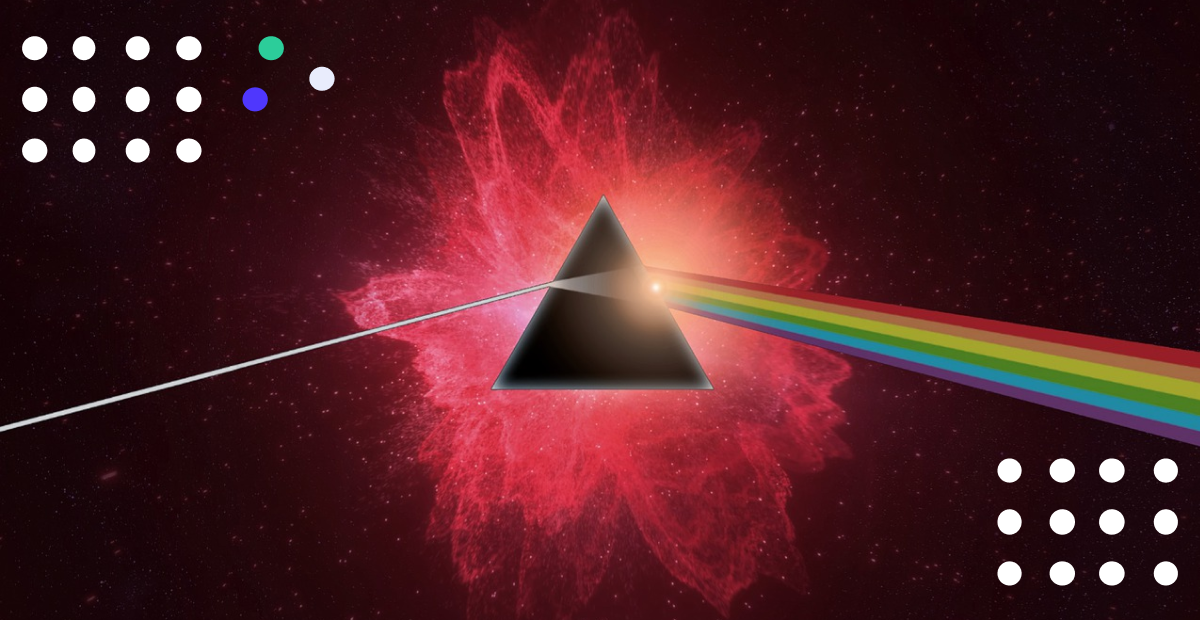Oracle Networks: The Bridge Between Blockchain and the Real World



The world of blockchain tech is constantly innovating requiring new solutions repeatedly for the multitide of use-cases it serves. The concept of an oracle represents a critical bridge between the deterministic blockchain ecosystems and the variable nature of real-world data. Oracle networks play an indispensable role in expanding the scope and functionality of blockchain applications by integrating external information into the blockchain. But what is an oracle in blockchain, and how does it work?
Let's delve into the intricacies of blockchain oracles and understand their significance in decentralized networks.
An oracle in blockchain serves as a data feed, an intermediary that supplies smart contracts with external information. They are the sensors that provide the blockchain with the ability to process data from the outside world, such as temperature, prices, or even the outcome of an event. However, a single oracle poses a central point of failure, which is why decentralized oracle networks have become the gold standard for reliable data input.

Decentralized oracle networks are systems where multiple data sources and nodes collectively provide information, significantly reducing the risks associated with relying on a single point of truth. By distributing the sources from which data is retrieved, these networks protect against manipulation and ensure a higher degree of accuracy and security—attributes that are paramount in maintaining the integrity of smart contracts.
Blockchain oracles are not restricted to any single industry. They are the facilitators of a symbiotic relationship between various sectors and blockchain technology. From the blockchain across Oracle's traditional databases to the blockchain cloud service Oracle offers, these connectors are pivotal in enabling blockchains to interact with external systems, thus broadening their use cases.
Oracles in blockchain operate by monitoring and querying external data sources. Once they retrieve the necessary information, they relay it to smart contracts, which then execute predefined actions based on the incoming data. This process requires precision and trustworthiness, as the information provided by oracles triggers contractual agreements that may involve substantial financial transactions.
Blockchain across Oracle also gets to communicate with each Network which unlocks more use cases around Interoperability.
When it comes to choosing the cream of the crop, the best blockchain oracles are those that exemplify speed, decentralization, and a breadth of data compatibility. They should be quick to update, resistant to central points of failure, and capable of handling a diverse set of data types.
Chainlink, Band Protocol, and API3 are often celebrated in the blockchain community. They are the torchbearers, leading the charge in providing secure, reliable, and timely data to smart contracts.
Consider the integration of meteorological data for crop insurance, which exemplifies the practicality of blockchain oracles. Farmers can be insured against climatic adversities without the need for cumbersome claims processes. The oracle network gathers data, and upon verification of conditions like drought, it triggers the smart contract to disburse the payout automatically.
This use case is but a glimpse into the potential applications. From finance to supply chain logistics, blockchain oracles are enabling smart contracts to interact with the world in ways previously unimagined.
Blockchain oracles are the unsung heroes of blockchain's practical application. They allow the digital ledger technology to reach its full potential by providing a reliable connection to the real world. As the blockchain space continues to mature, the evolution of oracle networks will undoubtedly play a crucial role in the widespread adoption and innovation of blockchain applications. The future landscape where blockchain and traditional services like Oracle's coexist seamlessly is not just a possibility; it's already taking shape.
CCIP is built atop the Decentralized Oracle Network (DON), which bolsters the interoperability among different chains, including both private and public blockchains. This interoperability is not limited to simple asset exchanges; it also includes token transfers and the conveyance of arbitrary messages, thereby facilitating a much richer exchange of information between systems or networks2.